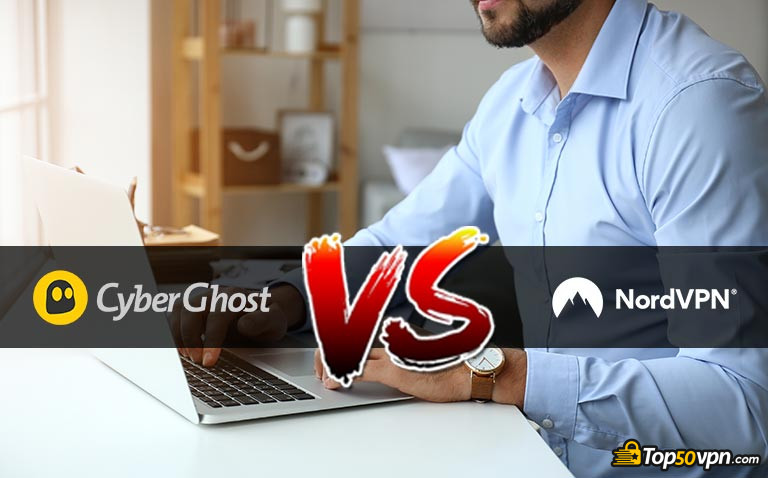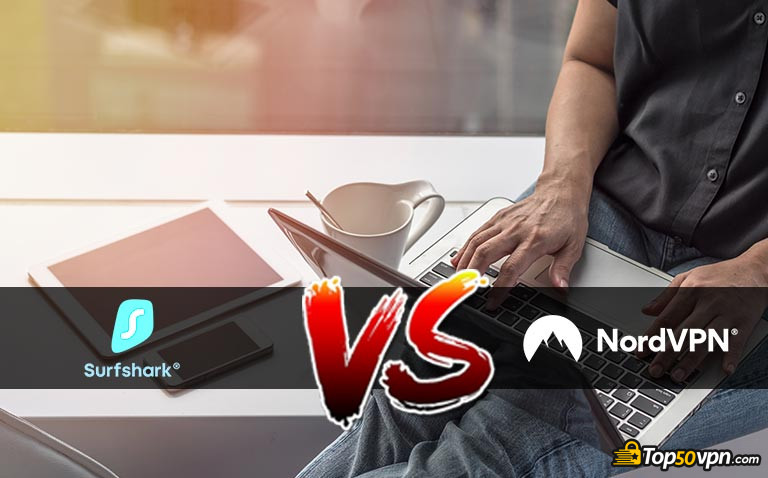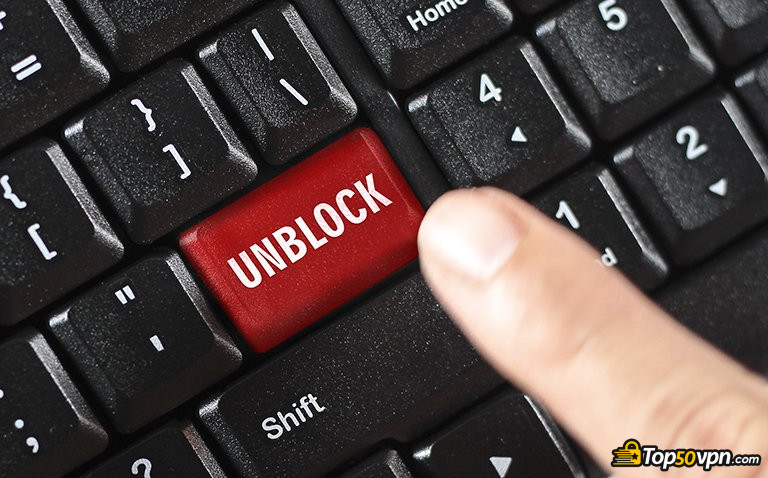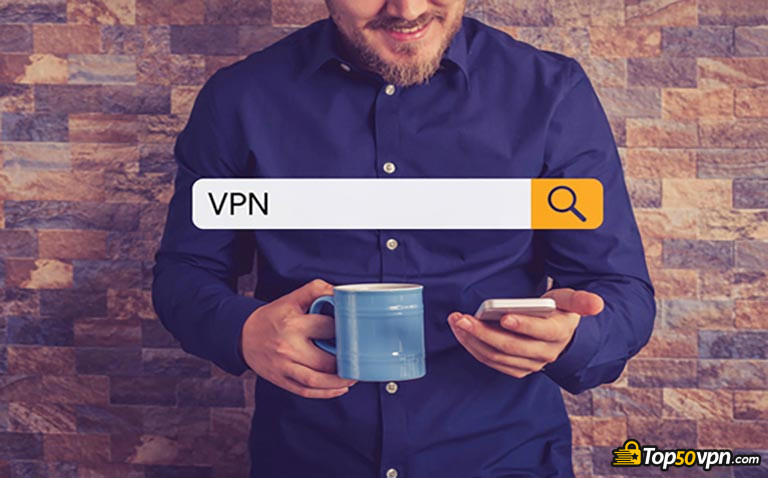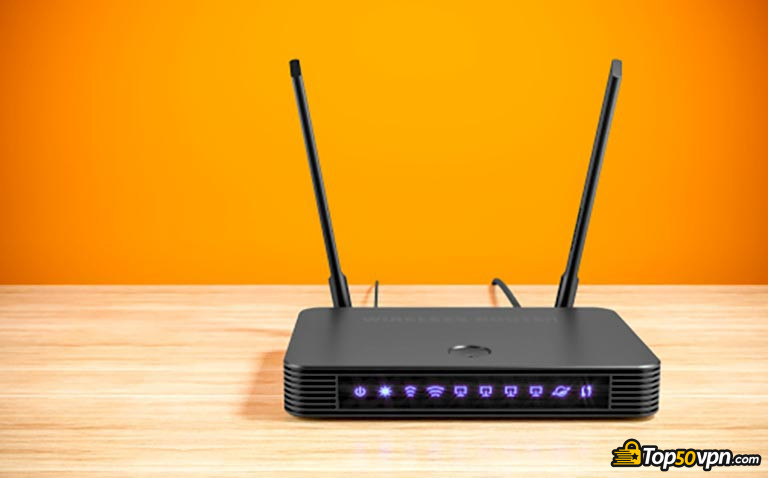
VPNs are tools that change your IP address to appear as if you’re in another location than you’re currently at. Needless to say, that sounds quite illegal.
Well, if you’re wondering are VPNs legal, you’ll be happy to learn that they are, in fact, legal… In some places. It’s rather complicated, to say the least.
The legality of a VPN is going to depend on quite a few factors - some of them are really obvious, others - not so much. However, the most prominent (and the most important) factor is going to be your place of residence.
Let’s not get ahead of ourselves, though. Before discussing are VPNs legal in USA or China, let’s explore why they might be or seem illegal, in the first place.
What is important to mention when talking about the legality of VPNs?
For the most part, the general use of a VPN is legal in the United States. VPNs are designed to protect your online privacy and prevent third parties from monitoring data you send through the Internet. In more restrictive countries, VPN use is illegal, such as China, Russia, Iran, Venezuela, and the UAE.
Table of Contents
Are VPNs Legal and Why They Might Be Not?
We’ve established that a VPN (whatever that VPN might be - a top-tier security tool, or some of the lesser-known options on the market) hides your IP address and provides you with a new one. In order to answer the question are VPNs legal or not, you have to first understand how exactly is that IP hidden.
VPNs act as a third party between you and a website that you’re trying to access. When you’re accessing a specific site, you’re sending in your personal information (location, IP address, certain permissions, cookie information, and so on). In turn, the site then sends you exactly what you requested - whether it’s a homepage, chatbox, or else.
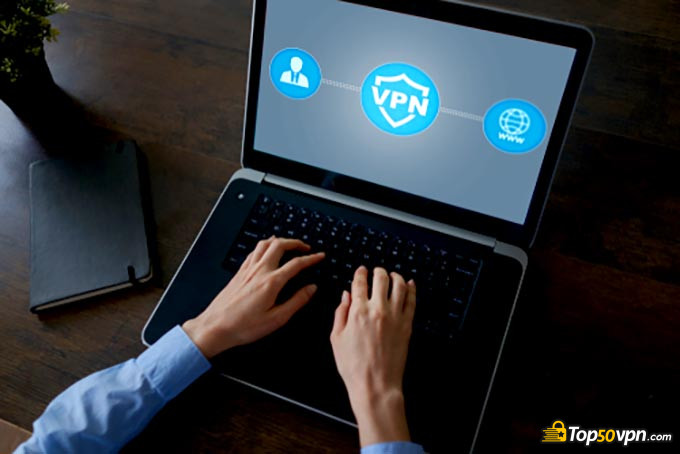
Every single device that can connect to the internet has its own, separate IP address. Furthermore, every single website on the web has one, too. While you may ask “is VPN illegal?” without knowing this, you might not really understand why the answer is what it is in many cases.
So, to put it short and simple, when you enter a domain name into your browser's search box and press “ENTER”, your IP is then sent to the website, and a connection happens. The problems start to arise when you don’t really want that website to know your location an identity, or when a potential hacker intercepts your connection.
Websites With a Red Light On Your Region
Exploring the issues with a site knowing your location first, we should turn to one of the main reasons why people ask “are VPNs legal?” - content streaming.
Content streaming is the act of watching your favorite shows, TV movies and series via one of the many content providers on the web. A great (and usually-mentioned) example of a platform like this would be Netflix.
People use Netflix because it has a huge array of original and interesting content - everything ranging from shows with a few seasons all the way to fully-fledged Hollywood movies. Now, that being said, a user in Estonia isn’t going to see the same content as one in the US.
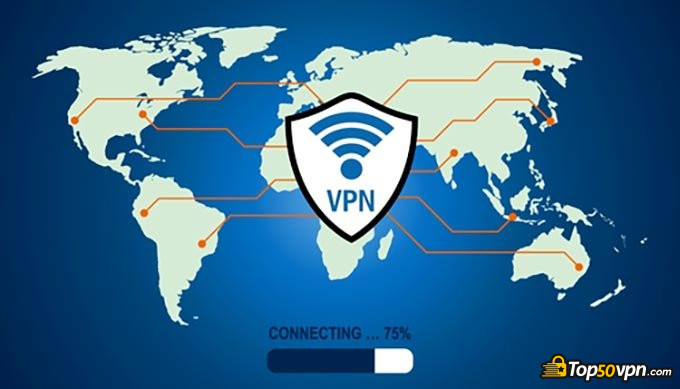
Legal reasons and technicalities aside, it’s just the way it is. And I’m not even using the US as a random example here, either - the country (understandably) has the widest selection of Netflix shows available. That being the case, it’s no wonder why people are questioning are VPNs legal all over the world.
Using a VPN, Netflix will see the IP address that you want it to see, instead of your own, personal one - if you connect to a server located in the US, Netflix will think that a US-based user is trying to access their site, and let you in.
Well, in theory, at least. The company has been cracking down on the use of VPNs, big time. And it’s not even the matter of is VPN legal or is VPN illegal - it’s simply their terms of service.
Latest NordVPN Coupon Found:
GET 63% OFF
+ 3 Months Free
Looking for ways to secure yourself online? What if we told you that you can get the top VPN on the market for way less - grab NordVPN 60% discount now & get 3 months FREE!
The Most Complicated Aspect Behind the Legality of VPNs
Honestly, out of every single instance of people asking are VPNs legal, this has got to be the most controversial topic to date.
If you’re thinking “file sharing”, you’re goddamn right.
File sharing, in itself, isn’t a crime - we all do it every single day. However, torrenting is a bit of a different story.
Torrenting is basically stealing - while some certain places might define it differently, that’s how most governments (and, more notably - copyright agencies) define the act. You’re downloading (or sending) a file you have no rights to distribute, without the actual owner getting a share of revenue (of which there mostly is none).
That said, almost everyone torrents files nowadays. That doesn’t mean it makes the act legal, though.
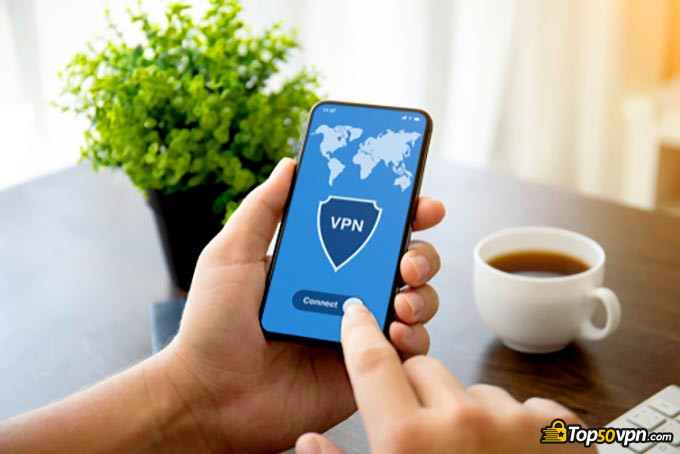
How does the question “are VPNs legal in China, Russia or the US?” relate to all of this? Well, with the way that it works (hiding your IP and all of that), a VPN can allow you to torrent a file in peace, without worrying that you might be traced, your personal information revealed and the cops showing up at your door the other day.
Needless to say, a tool like that would definitely face legal issues… And it does - but perhaps not to extent that you would come to expect when asking is VPN legal or is VPN illegal.
You see, it all depends on the language used. Most VPN providers use the terms “P2P file sharing” and “file streaming” on their websites in order to mask the fact that they might be talking about torrenting. Some providers do, in fact, prohibit the use of torrenting sites with their tools - however, that’s the minority.
So, is VPN legal or is VPN illegal? Well, even with torrenting, content streaming and IP masking out of the way, the answer is still going to depend on your place of residence.
VPNs in the US
Asking “are VPNs legal in USA?” is probably one of the most common questions in the VPN industry. It makes perfect sense, though - with all of the 50 states having different laws on many different topics and issues, it’s a pretty legitimate question to ask.
So - are VPNs legal in USA?
Yes.
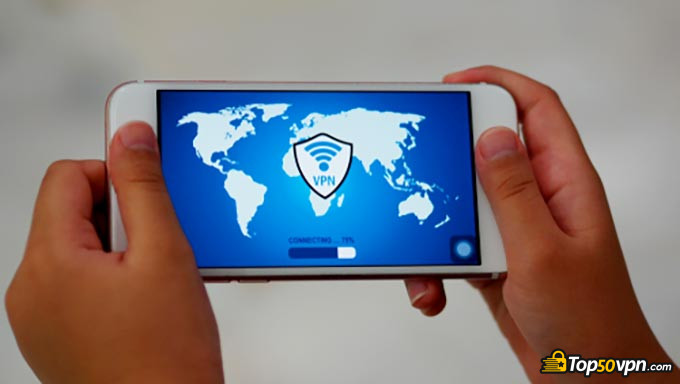
Using VPNs is completely legal all throughout the US. That being said, you have to keep in mind that other activities that would be illegal while you’re not using a VPN to perform them still remain illegal.
What do I mean by that? Well, take the same old example of torrenting. If you’re not asking “are VPNs legal?” and are simply torrenting files left and right without an active VPN, you might hear a knock on your door at any given point in time.
With the best VPN out there, you severely decrease the chances of you being caught. That being said, if you’re still caught even while using a VPN, you’re still going to get yourself into legal trouble.
VPNs in China
If you’re wondering “are VPNs legal in China?”, let me tell you right away - they are not. However, there’s more to it than that, so let me explain my statement.
The use of independent VPNs is completely prohibited in China. For at least the past 4 or 5 years, the Chinese government has been hard at work at cracking down any and all VPN usability within the country’s territory. Even if you’re a foreigner using your own device in China, you might still get into trouble for utilizing and “illegal app”.
Why is that the case?
China has some very strict copyright and censorship laws. The latter is especially so true - Chinese citizens may only use apps that are approved by the government to be “safe”. This means no Skype, no VPNs and no other “unauthorized” app usage.
You can still use a VPN in China, though. And no, I’m not contradicting the answer I’ve given above - you may only use a government-approved VPN.
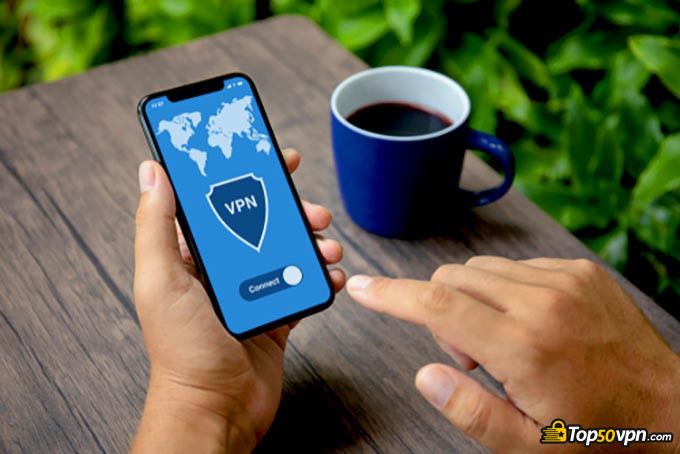
In the Western world, VPNs are very often used in order to keep your ISP or even the government out of your personal business. Even if you’re not doing anything illegal, and you don’t even ask “are VPNs legal?”, people still want to keep their privacy.
Given the above statement, it’s probably completely rational to think that the idea of a “government-approved VPN” is a bit… touché. However, that’s the only way that an answer to the question “are VPNs legal in China?” is going to be positive.
VPNs in Russia
VPNs in Russia are in a similar boat to those in China.
This has especially become the case as of late 2017. That’s the period of time when the Russian government had started cracking down on non-governmental internet browsing proxy tools - VPNs are exactly that.
Now, it’s worth mentioning that online users note how Russian VPN laws aren’t as strict as ones in China. However, the tendency remains the same - there are still strict regulations and rules that VPNs need to follow in Russia in order for them to be successful (or even operating, in the first place) in the country.
VPNs in the Whole of EU
In a broad sense, VPNs are legal in most of the countries that belong to the EU.
Some countries might have stricter laws surrounding the use of VPNs than others, though. This is especially true regarding people’s activities while they're using IP masking tools while browsing the internet.
That’s probably rather obvious, though. If you turn on a VPN and then venture forth into the Deep Web to participate in some more-than-shady business, you’d probably get in trouble, no matter your country of residence or some region-exclusive laws.
A Word About VPN Providers
In a very general sense, a VPN can be a great tool to help you protect your anonymity and other sensitive, personal information online. Whether you’re wondering “are VPNs legal?” in order to hide information from your government or to avoid a potential data breach by a hacker, they are still useful and helpful, nonetheless.
However, it is probably common knowledge that some VPN providers are more reliable than others.
That isn’t only true when it comes to a provider’s track record or data logging history, though. You might come across a VPN that has a pretty clean slate as far as information logging and various data leaks are concerned, but it might have some explicit rules concerning the use of torrents or content streaming.
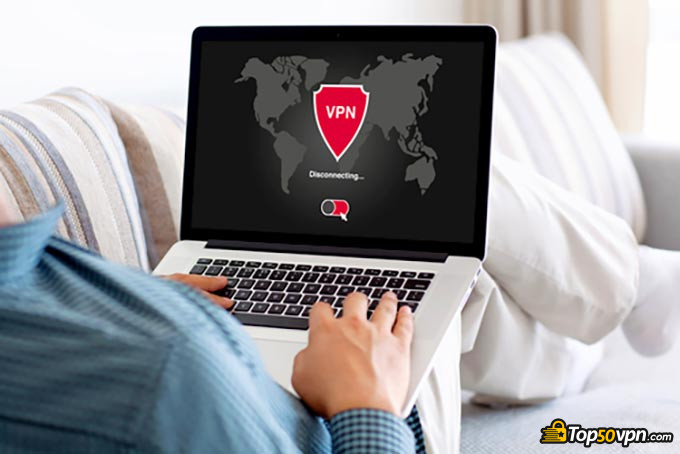
If you want to avoid all of the hassle, you’re always better off using any one of the best VPNs that are currently dominating the market. While it can be really tempting to sway away from the mainstream and look for an “up-and-coming” provider, more often than not, that’s going to result in a big problem.
The primary use for a VPN remains security - by masking your real IP and providing you with a new one, the tool helps you remain calm about not having your personal information leaked to third parties. This is an important topic, and shouldn’t be taken lightly - that’s why, most of the time, it’s simply not worth risking using an unknown and shady VPN, just to save a few bucks.
Conclusions
So, are VPNs legal?
In the US and EU, the usage of VPNs is (mostly) completely legal. The only thing that you’ll have to worry about is avoiding doing anything that might be considered illegal - torrenting, buying or selling illegal substances and other items online, accessing illegal sites (I’m not talking about censorship - rather, something much more grim), and so on.
Countries such as China, Russia and North Korea have laws that either restrict the use of a VPN, or ban these tools, altogether. If you’d still want to utilize the service of a VPN in China or Russia, you’ll have to use one of the government-approved VPNs.
Needless to say, for most people, that kind of beats the entire purpose, doesn’t it?
| EXPRESSVPN | CYBERGHOST | PRIVATEVPN | |
| All-round security | Speed & convenience | All-round security | |
| All ExpressVPN Coupons | All CyberGhost Coupons | All PrivateVPN Coupons | |
| One of the fastest VPNs in the industry. Trustworthy and safe. | Secure and Fast VPN with Great UX | Allows Torrent and Netflix, No Data Restrictions | |
| Visit site Read review | Visit site Read review | Visit site Read review |
|---|
Table: Top-tier VPN providers
On that note, though, I would always advise you do your research and only trust the most reliable and trustworthy VPN providers out there. Check out our list of the top VPNs of the year if you want more information on the topic. You can bookmark it for future reference at any given time - after all, you might decide that a provider isn't suitable for you, and try and look for a new one.
Thanks for reading, and good luck!
Contributed by: Braden Perry , Cybersecurity Attorney
Braden Perry is a litigation, regulatory and government investigations attorney with Kennyhertz Perry, LLC. Mr. Pe...
Read Full Bio...Leave your honest feedback
By leaving your honest opinion you can help thousands of readers to choose the best VPN. We accept genuine & helpful user feedback, either positive or negative. Have in mind that biased feedback will not be published. If you want to share your opinion, experience or advice, we want you to spill the beans!



